Lauren B. Edelman - Working Law: Courts, Corporations, and Symbolic Civil Rights
Here you can read online Lauren B. Edelman - Working Law: Courts, Corporations, and Symbolic Civil Rights full text of the book (entire story) in english for free. Download pdf and epub, get meaning, cover and reviews about this ebook. year: 2016, publisher: University of Chicago Press, genre: Business. Description of the work, (preface) as well as reviews are available. Best literature library LitArk.com created for fans of good reading and offers a wide selection of genres:
Romance novel
Science fiction
Adventure
Detective
Science
History
Home and family
Prose
Art
Politics
Computer
Non-fiction
Religion
Business
Children
Humor
Choose a favorite category and find really read worthwhile books. Enjoy immersion in the world of imagination, feel the emotions of the characters or learn something new for yourself, make an fascinating discovery.

- Book:Working Law: Courts, Corporations, and Symbolic Civil Rights
- Author:
- Publisher:University of Chicago Press
- Genre:
- Year:2016
- Rating:4 / 5
- Favourites:Add to favourites
- Your mark:
Working Law: Courts, Corporations, and Symbolic Civil Rights: summary, description and annotation
We offer to read an annotation, description, summary or preface (depends on what the author of the book "Working Law: Courts, Corporations, and Symbolic Civil Rights" wrote himself). If you haven't found the necessary information about the book — write in the comments, we will try to find it.
One reason for the limited success of antidiscrimination policies, argues Lauren B. Edelman, is that the law regulating companies is broad and ambiguous, and managers therefore play a critical role in shaping what it means in daily practice. Often, what results are policies and procedures that are largely symbolic and fail to dispel long-standing patterns of discrimination. Even more troubling, these meanings of the law that evolve within companies tend to eventually make their way back into the legal domain, inconspicuously influencing lawyers for both plaintiffs and defendants and even judges. When courts look to the presence of antidiscrimination policies and personnel manuals to infer fair practices and to the presence of diversity training programs without examining whether these policies are effective in combating discrimination and achieving racial and gender diversity, they wind up condoning practices that deviate considerably from the legal ideals.
Lauren B. Edelman: author's other books
Who wrote Working Law: Courts, Corporations, and Symbolic Civil Rights? Find out the surname, the name of the author of the book and a list of all author's works by series.

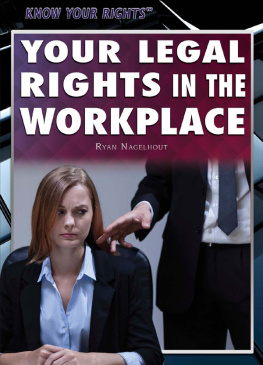
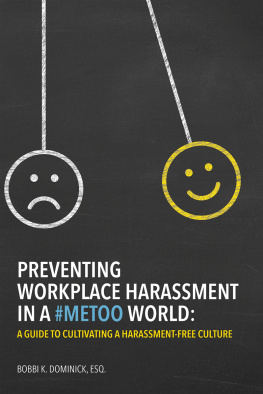

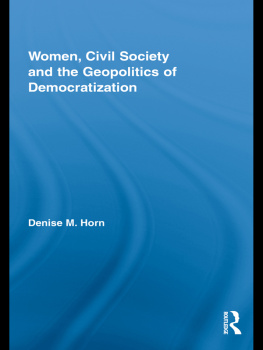
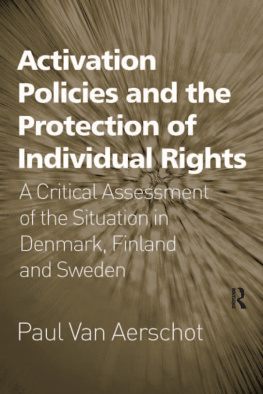
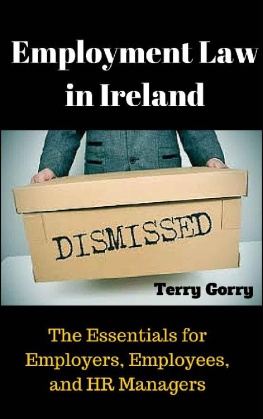
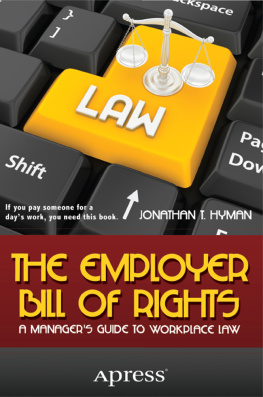

 This paper meets the requirements of ANSI / NISO Z 39.48-1992 (Permanence of Paper).
This paper meets the requirements of ANSI / NISO Z 39.48-1992 (Permanence of Paper).